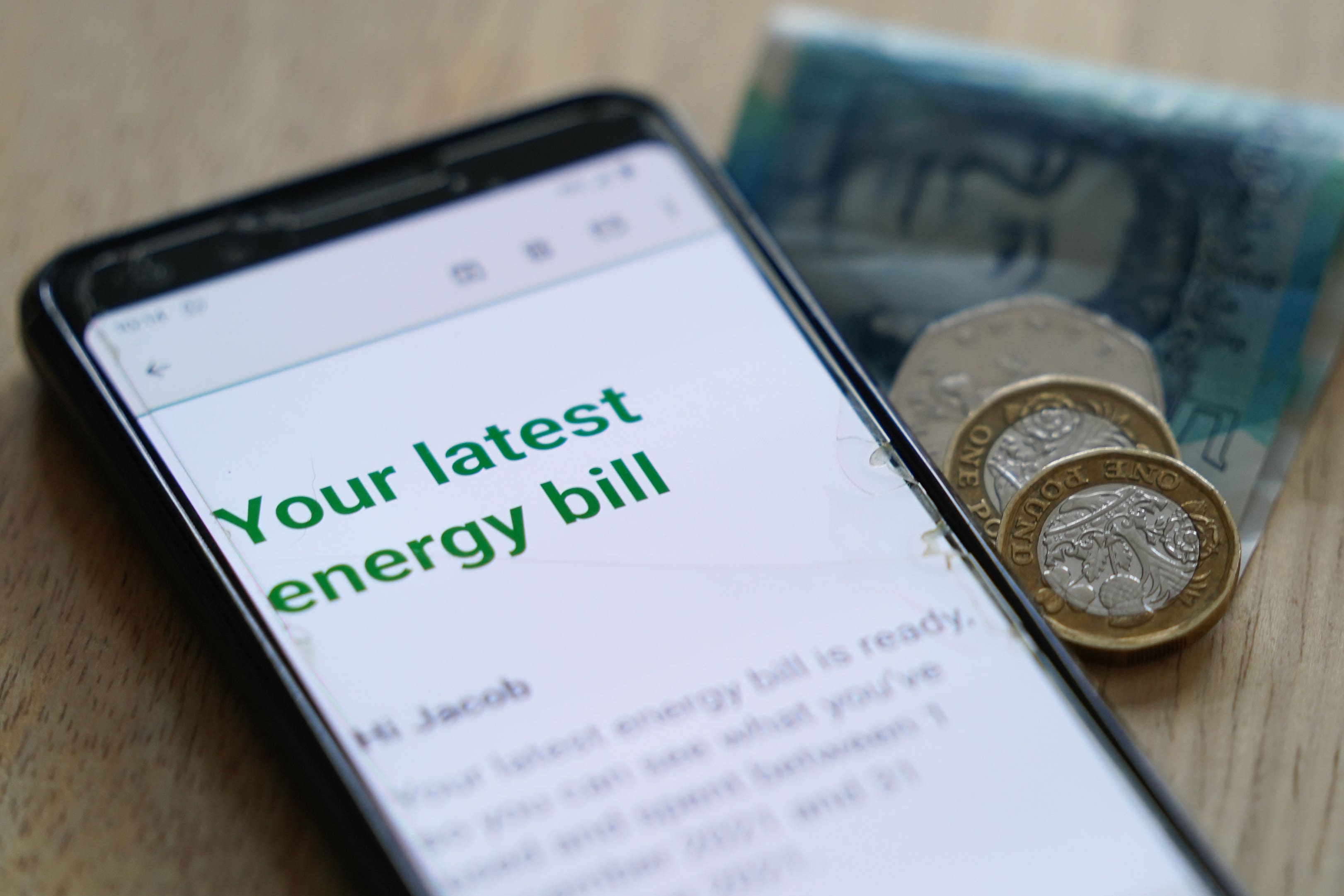Liz Truss apologises for not being ‘more specific’ over energy price guarantee
The Prime Minister was urged to publicly correct comments she made during a round of radio interviews last week.

Liz Truss has apologised for not being “more specific” following her statements that “nobody” will pay more than £2,500 for their annual energy bill.
The Prime Minister was urged to publicly correct her comments made during a round of radio interviews on Thursday, amid concerns they could lead listeners to believe they would pay a maximum of £2,500 regardless of how much energy they used.
The average annual household energy bill rose from £1,971 to a frozen £2,500 from October 1 under the Government’s recently announced energy price guarantee.
I was talking about the typical bill, and what we're actually doing is capping it per unit of energy, and the number I gave was for the typical household. I'm sorry I wasn't more specific
But the plan only caps the cost per unit that households pay, with actual bills still determined by how much energy is consumed.
Asked about her comments by LBC’s Nick Ferrari At Breakfast on Tuesday, Ms Truss said: “I was talking about the typical bill, and what we’re actually doing is capping it per unit of energy, and the number I gave was for the typical household. I’m sorry I wasn’t more specific.”
Mr Ferrari replied: “But you accept that you got that wrong?”
Ms Truss said: “I agree. I should have been more specific.”
During an interview with BBC Radio Nottingham on Thursday, Ms Truss initially described the £2,500 figure as being for a “typical” bill, but went on to say: “The biggest part of the package we announced is the support on energy bills, making sure that people across this country are not facing energy bills of more than £2,500 and that businesses can get through this winter.”
On BBC Radio Kent, she stated: “We have taken action by the Government stepping in and making sure that nobody is paying fuel bills of more than £2,500.”
She repeated the claim on BBC Radio Leeds, saying: “The action we’ve taken on energy bills will mean that Leeds and other people in West Yorkshire aren’t going to be facing energy bills of £6,000 which is what was forecast, they’re going to be, through the energy price guarantee, the maximum will be £2,500.”
In a tweet on Thursday, MoneySavingExpert.com founder Martin Lewis wrote: “The reason it is so important NOT to communicate that there is a £2,500 cap (is) it risks some people, possibly vulnerable elderly people, thinking they can keep the heat on max all winter, and they won’t pay more than a certain amount.”
TV presenter Susanna Reid also tweeted: “I was with a photographer who rang his energy company in despair as his bill was going from £3k to £5k. ‘I asked why it wasn’t capped at £2,500 like we’d been told’. This is why the government trotting out the £2,500 figure is misleading. The cap is per UNIT of energy NOT per bill.”
According to Government figures, the typical bill for a detached house under the price freeze will be £3,330, £2,650 for a typical semi-detached house and £1,750 for someone living in a purpose-built flat.
Fact-checking charity Full Fact said it wrote to Ms Truss the day before she made the comments to stress that “it is vital the public have accurate information about energy bills in the context of the ongoing cost-of-living crisis”.
Full Fact chief executive Will Moy said: “We welcome the fact that the Prime Minister has acknowledged her mistake in an interview, but this is the least we expect.
“Rising energy costs will affect us all, and politicians must be clear about the support available – especially when large numbers of people are confused about what the price cap means for them.
“The Government must do more to clarify this mess. More than 32,000 people have joined Full Fact’s campaign for honesty in politics. Any politician serious about earning the public’s trust should be prepared to correct their mistakes.”
Bookmark popover
Removed from bookmarks